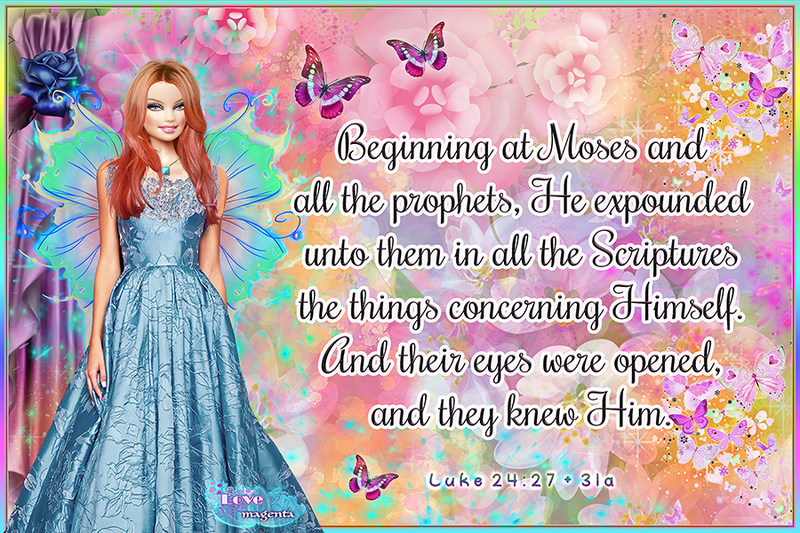“Methodism, also called the Methodist movement, is a group of historically related denominations of Protestant Christianity whose origins, doctrine and practice derive from the life and teachings of John Wesley. George Whitefield and John's brother Charles Wesley were also significant early leaders in the movement. They were named Methodists for "the methodical way in which they carried out their Christian faith".[1][2] Methodism originated as a revivalmovement in the Church of England in the 18th century and became a separate denomination after Wesley's death. The movement spread throughout the British Empire, the United States, and beyond because of vigorous missionary work,[3] and today has about 80 million adherents worldwide.[nb 1][4]
Wesleyan theology, which is upheld by the Methodist churches, focuses on sanctification and the transforming effect of faith on the character of a Christian. Distinguishing doctrines include the new birth,[5] assurance,[6][7] imparted righteousness, the possibility of entire sanctification,[8] and the works of piety. Scripture is considered a primary authority, but Methodists also look to Christian tradition, including the historic creeds. Most Methodists teach that Jesus Christ, the Son of God, died for all of humanity and that salvation is available for all.[9] This is an Arminian doctrine,[nb 2] as opposed to the Calvinist position, that God has pre-ordained the salvation of a select group of people.
On January 3, 2020, a group of the church's leaders proposed a plan to split the United Methodist Church over issues of sexual orientation (particularly same-sex marriage) and create a new traditionalist Methodist denomination, which is called the Global Methodist Church,[15][16][17] though before its establishment, some congregations already left to join the Free Methodist Church, which is aligned with the Wesleyan-holiness movement.[18][19]” Wiki.
How about now?
Wesleyan theology, which is upheld by the Methodist churches, focuses on sanctification and the transforming effect of faith on the character of a Christian. Distinguishing doctrines include the new birth,[5] assurance,[6][7] imparted righteousness, the possibility of entire sanctification,[8] and the works of piety. Scripture is considered a primary authority, but Methodists also look to Christian tradition, including the historic creeds. Most Methodists teach that Jesus Christ, the Son of God, died for all of humanity and that salvation is available for all.[9] This is an Arminian doctrine,[nb 2] as opposed to the Calvinist position, that God has pre-ordained the salvation of a select group of people.
On January 3, 2020, a group of the church's leaders proposed a plan to split the United Methodist Church over issues of sexual orientation (particularly same-sex marriage) and create a new traditionalist Methodist denomination, which is called the Global Methodist Church,[15][16][17] though before its establishment, some congregations already left to join the Free Methodist Church, which is aligned with the Wesleyan-holiness movement.[18][19]” Wiki.
How about now?



